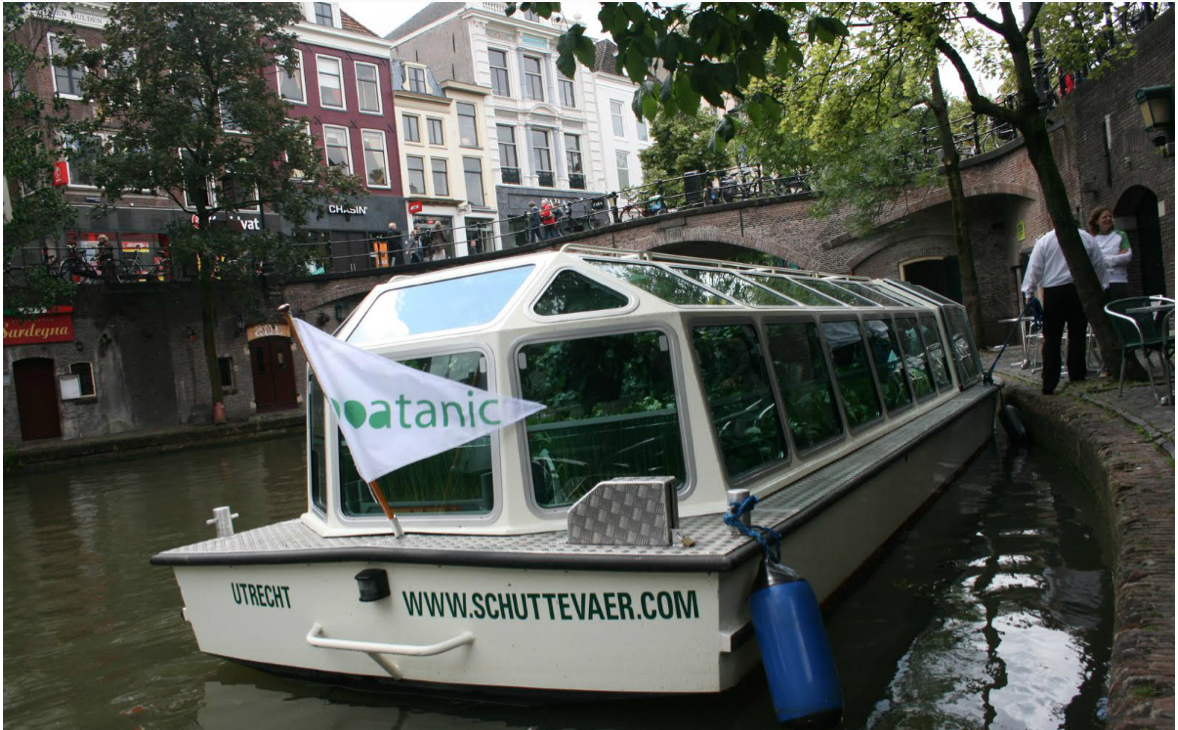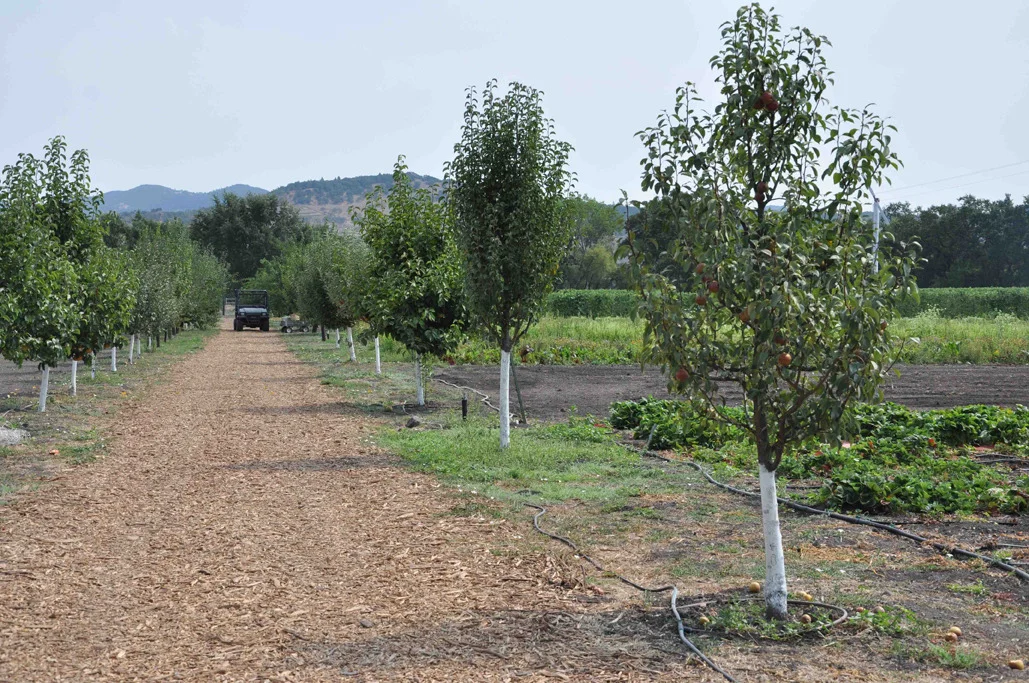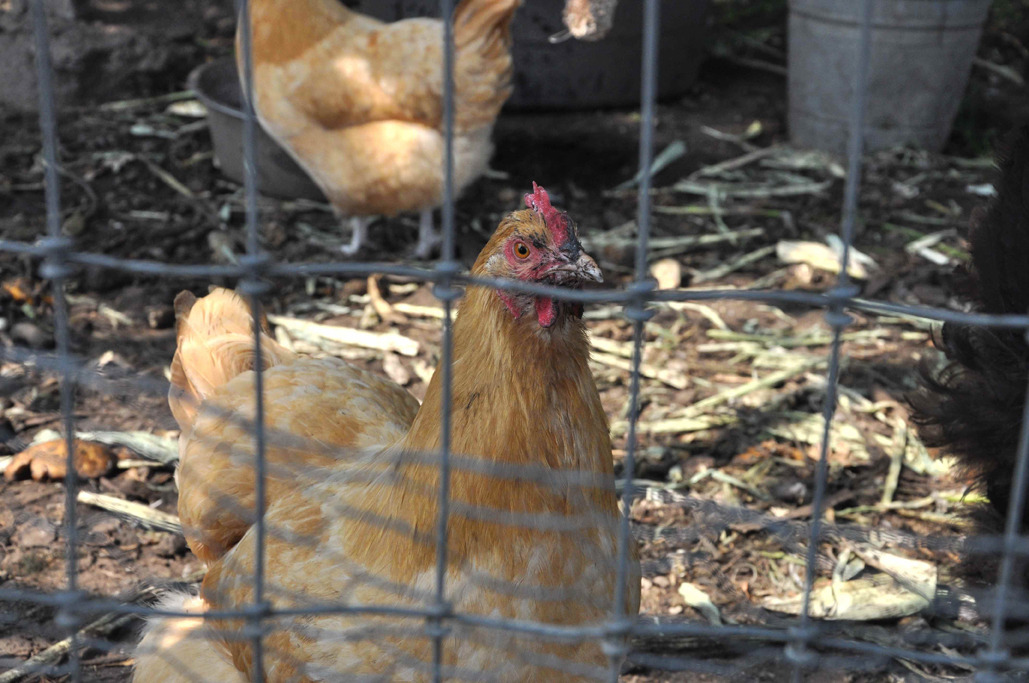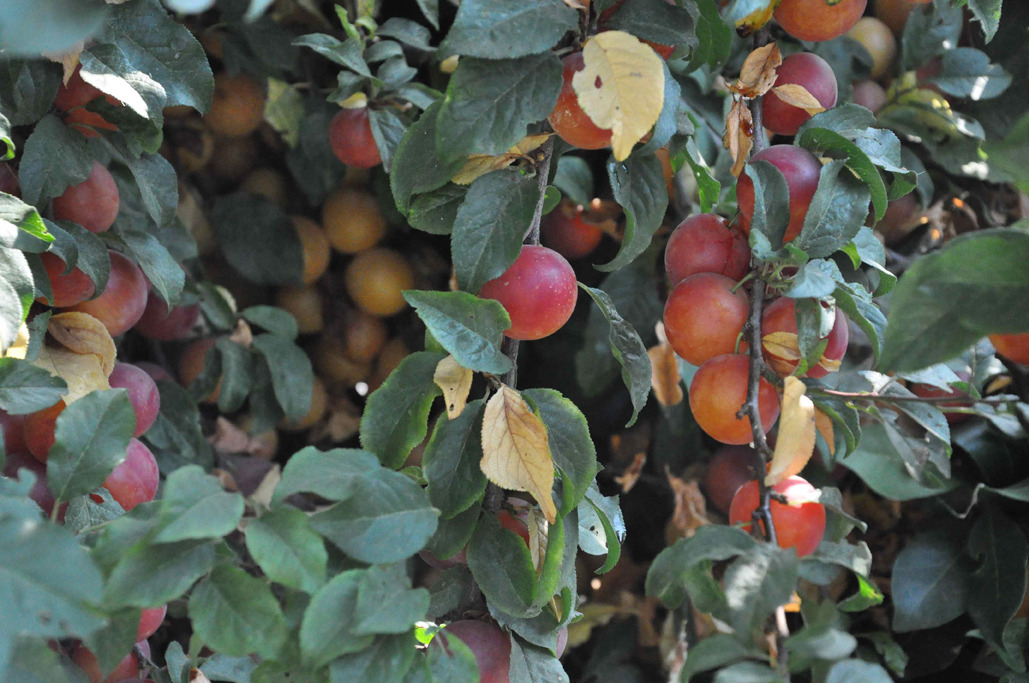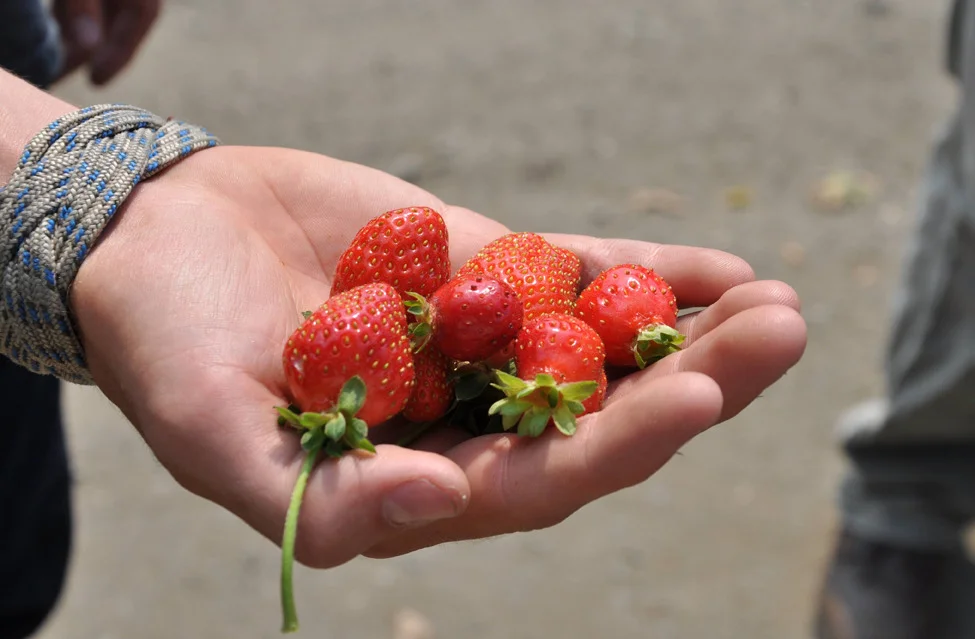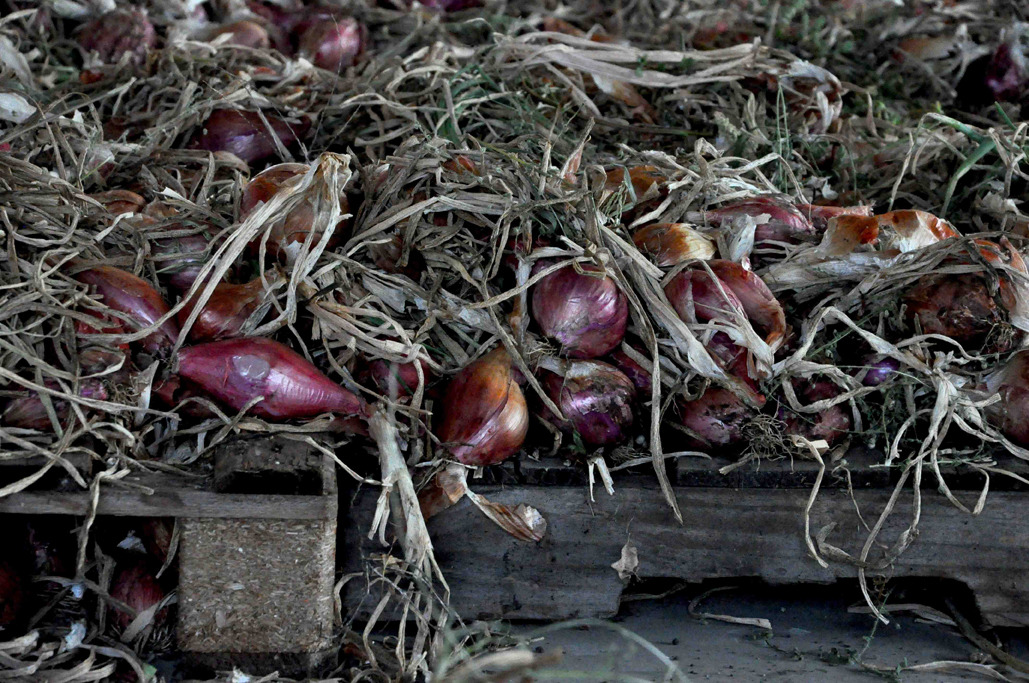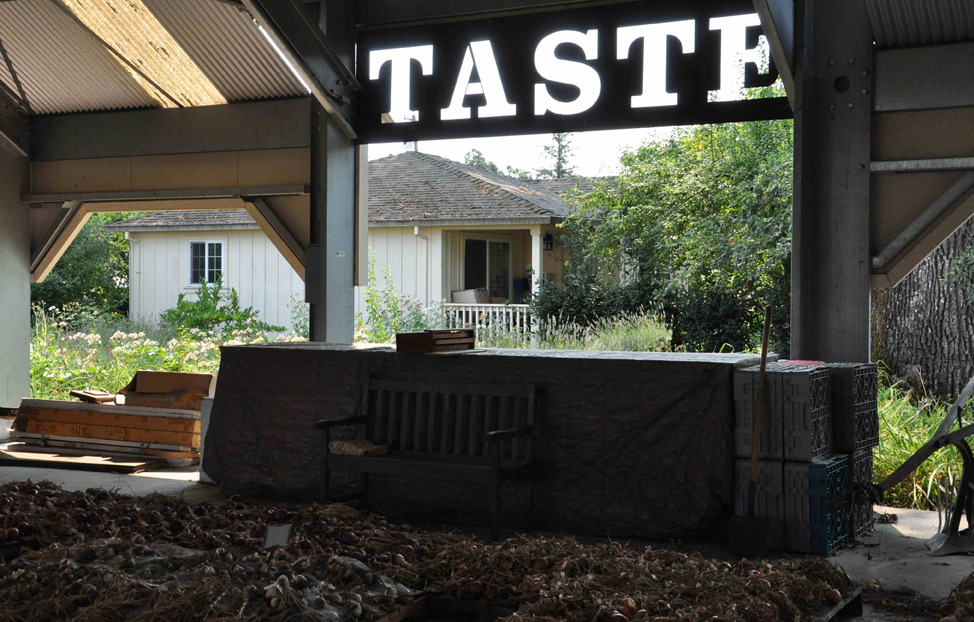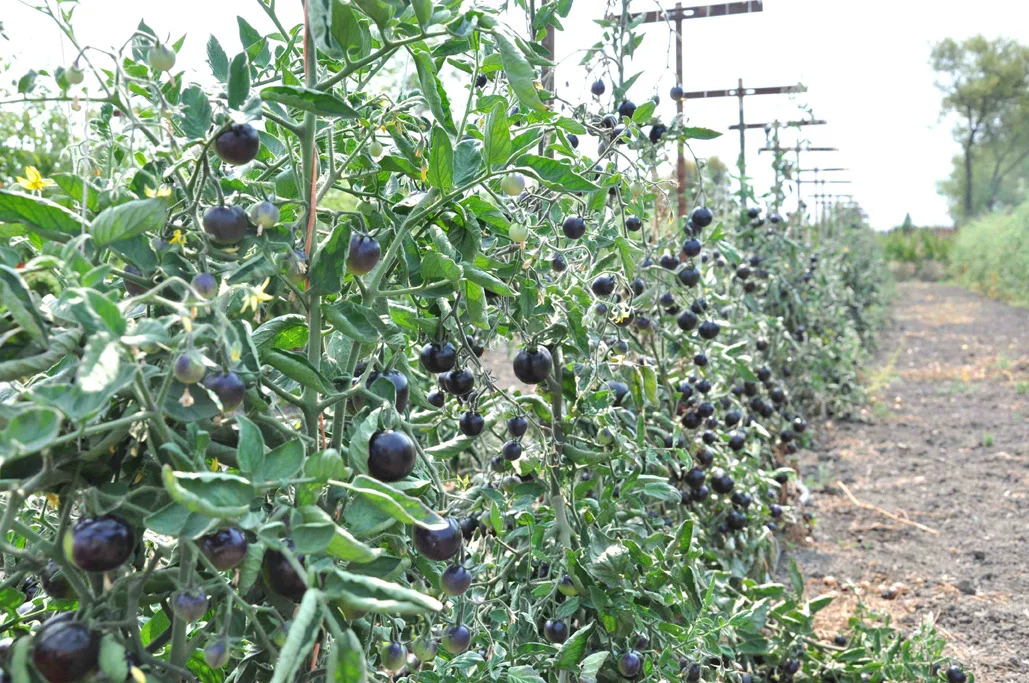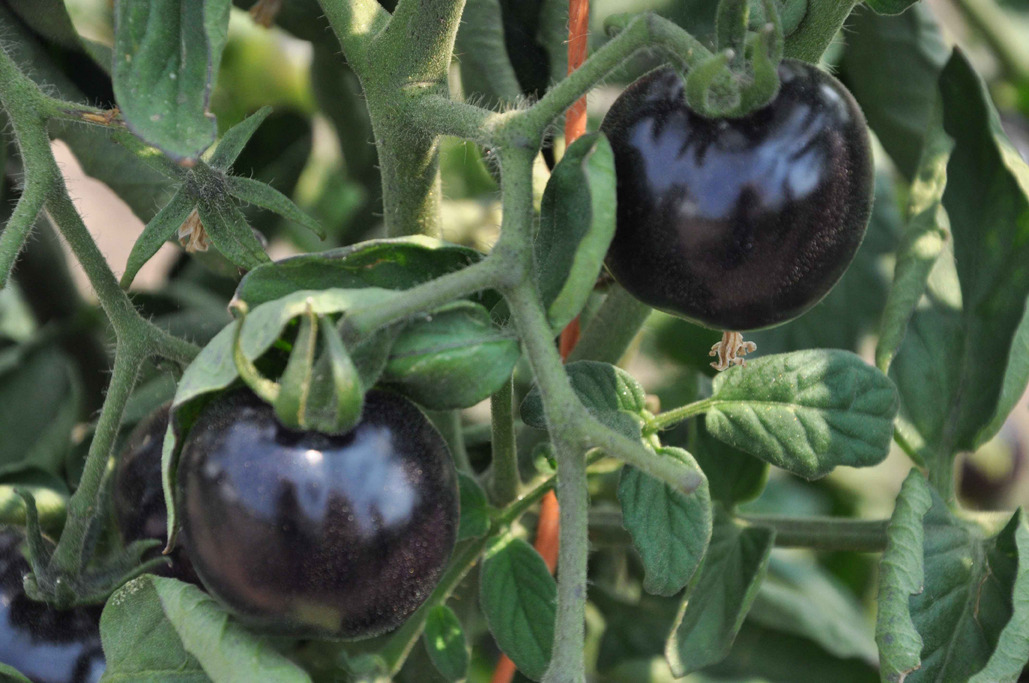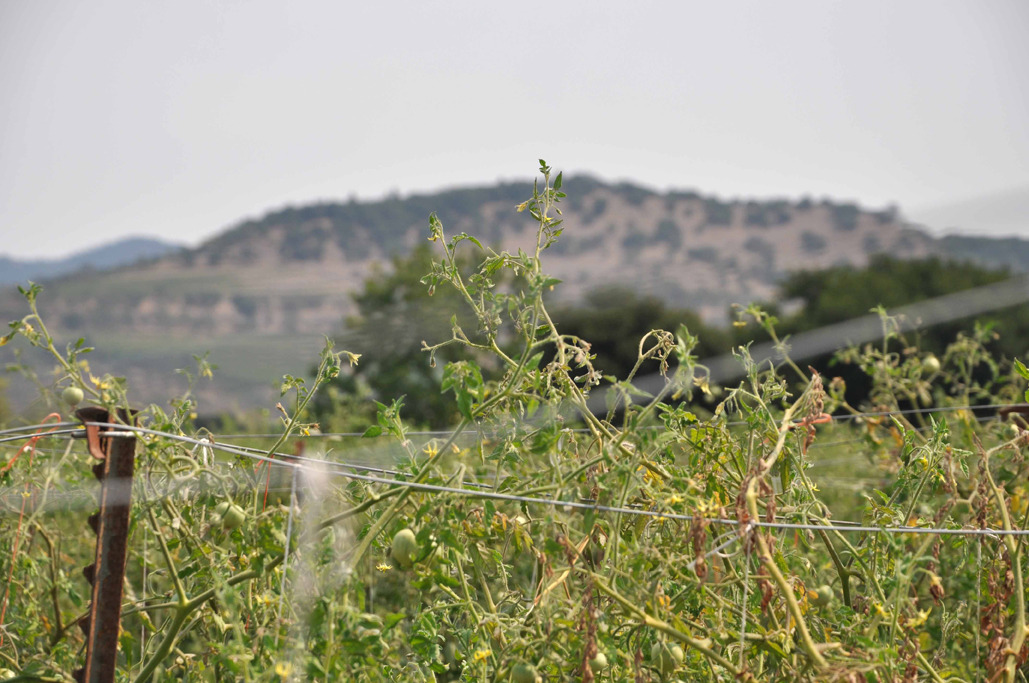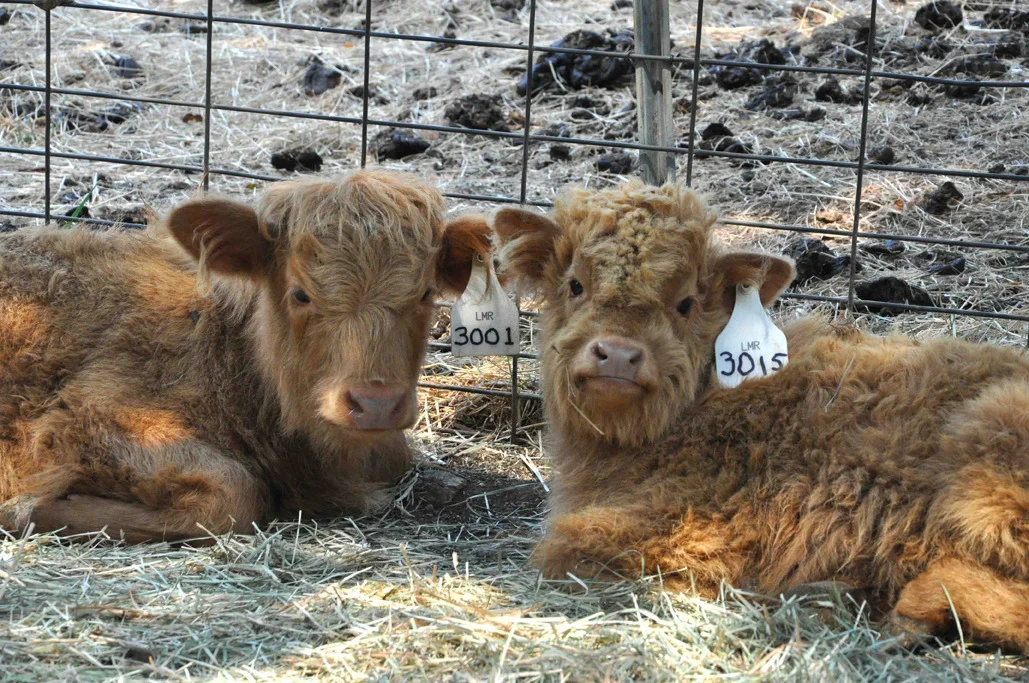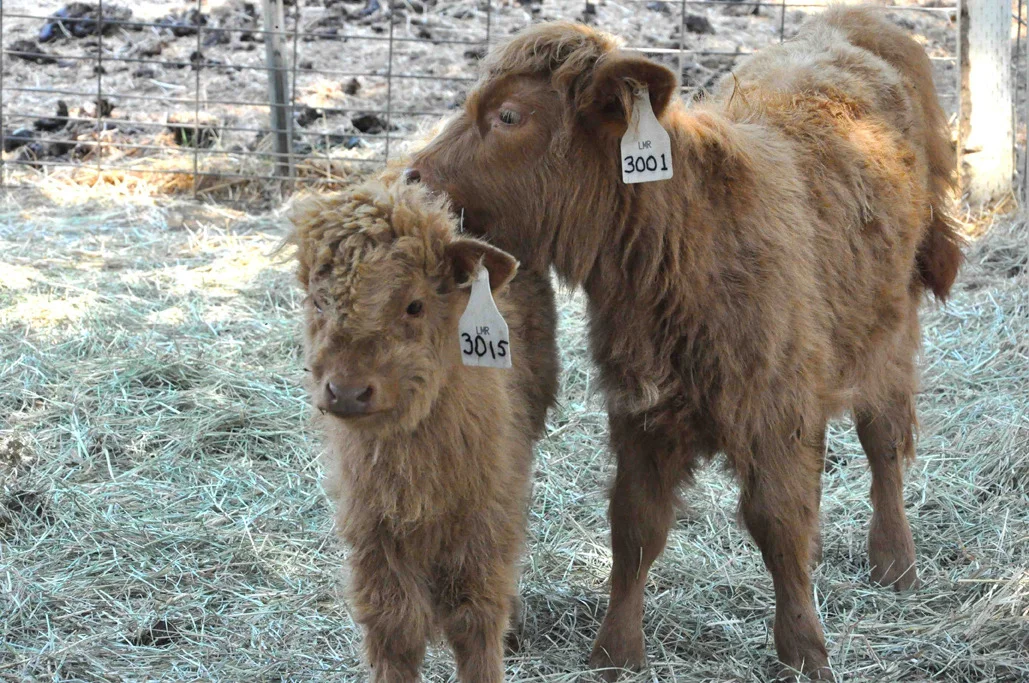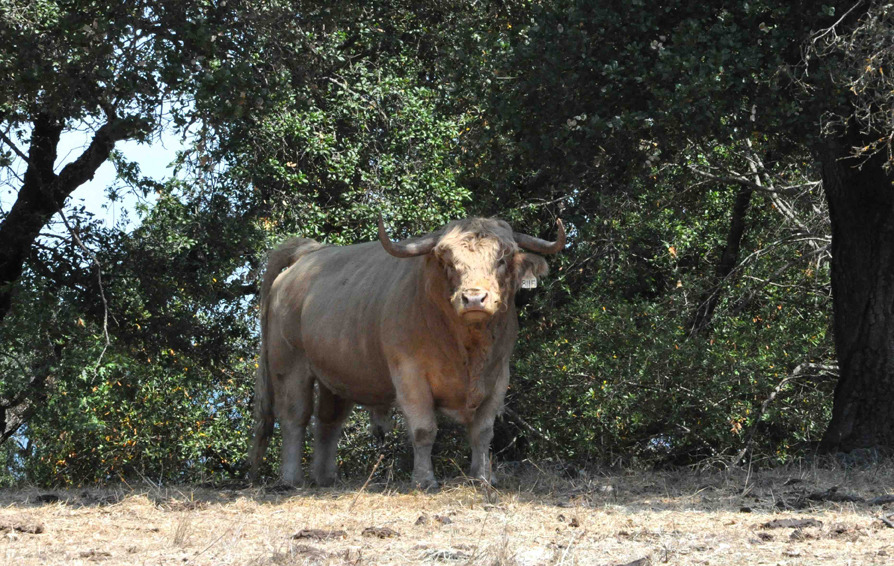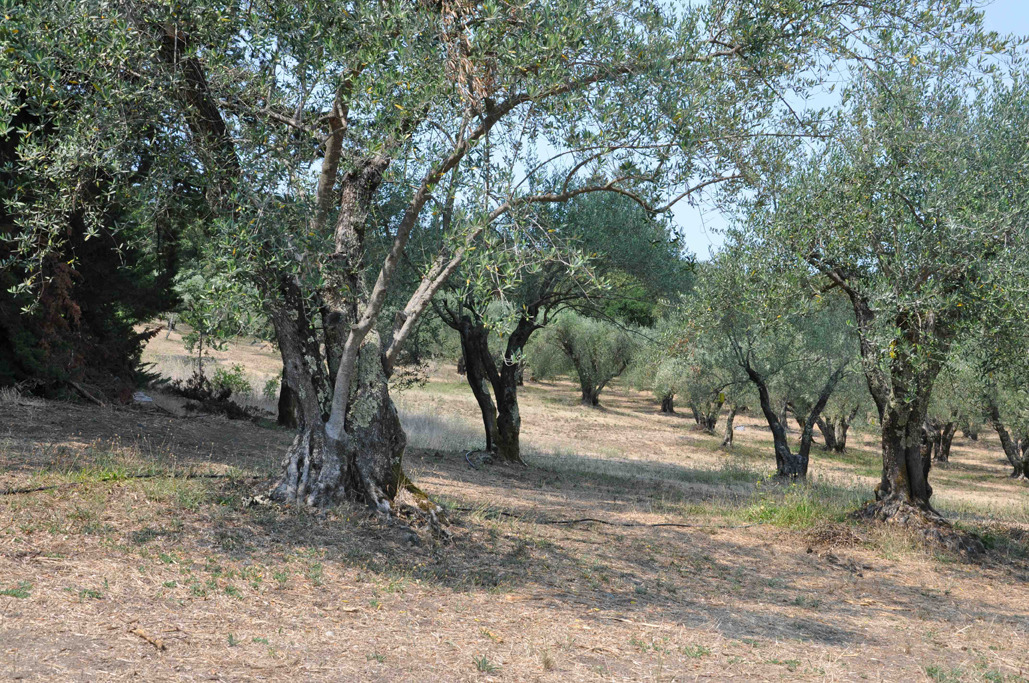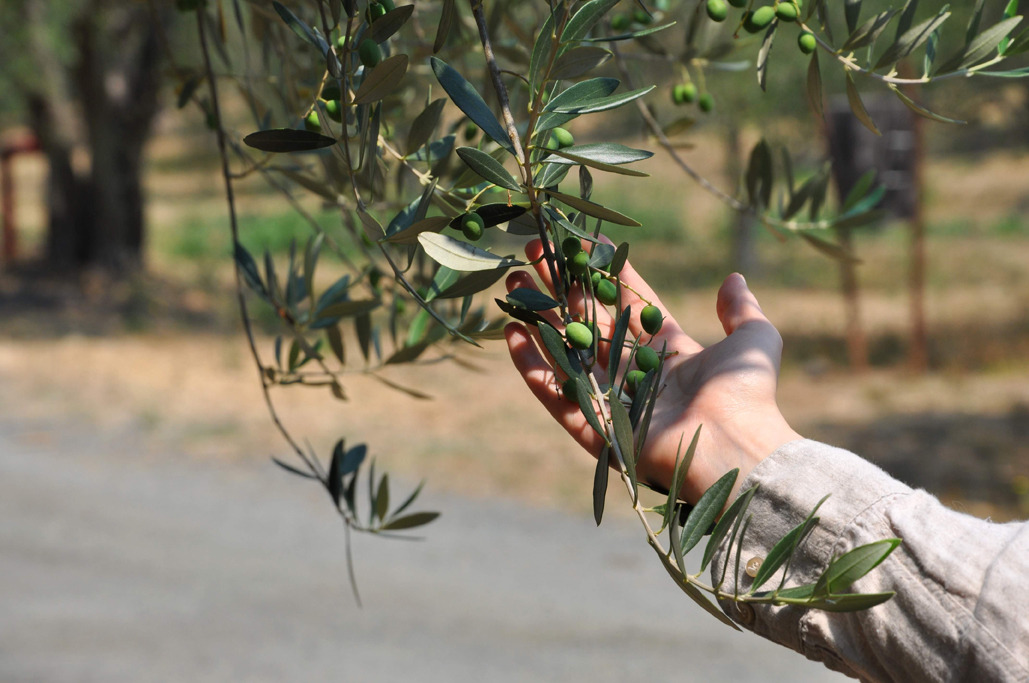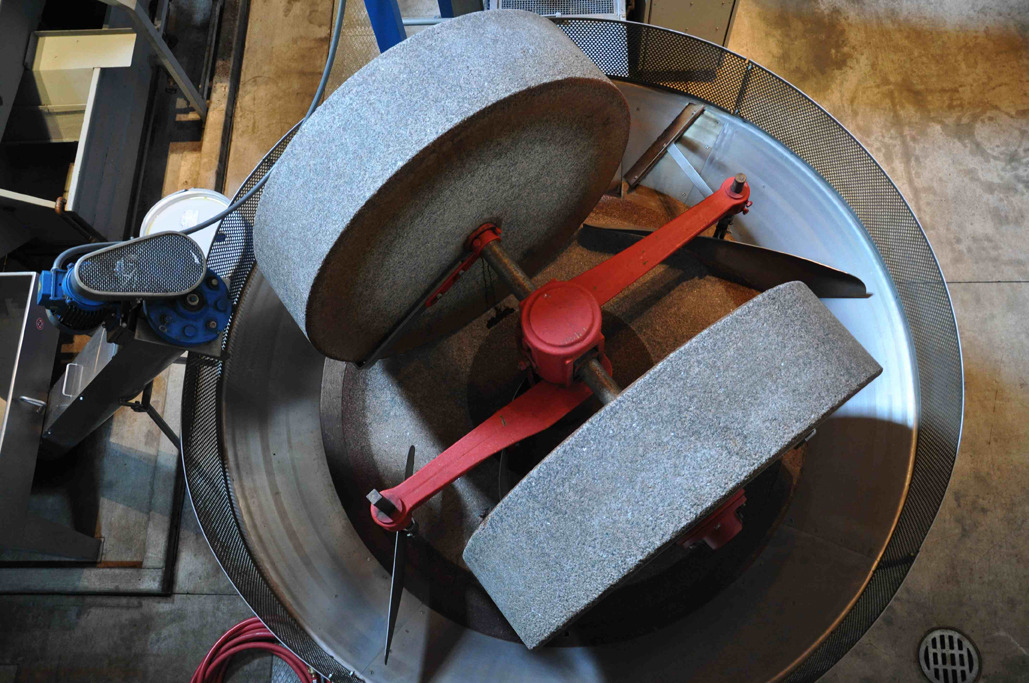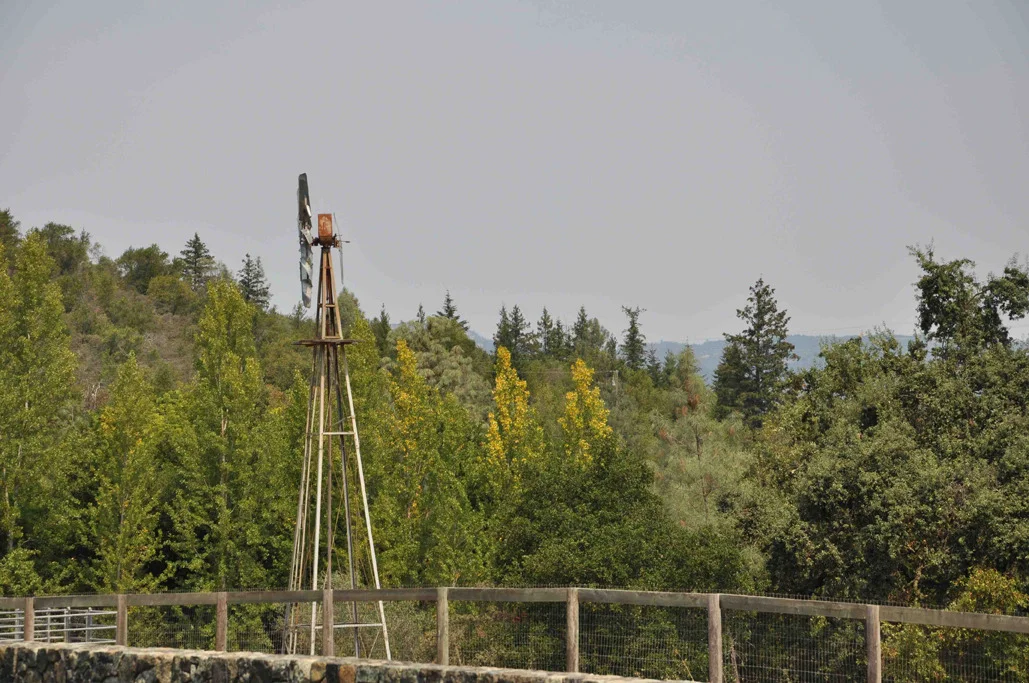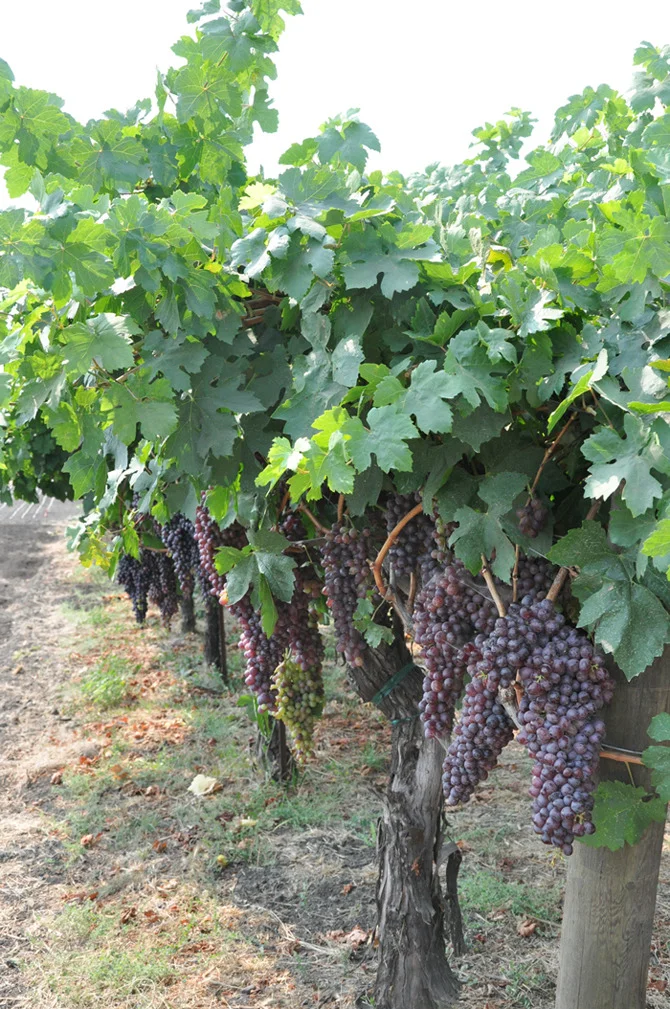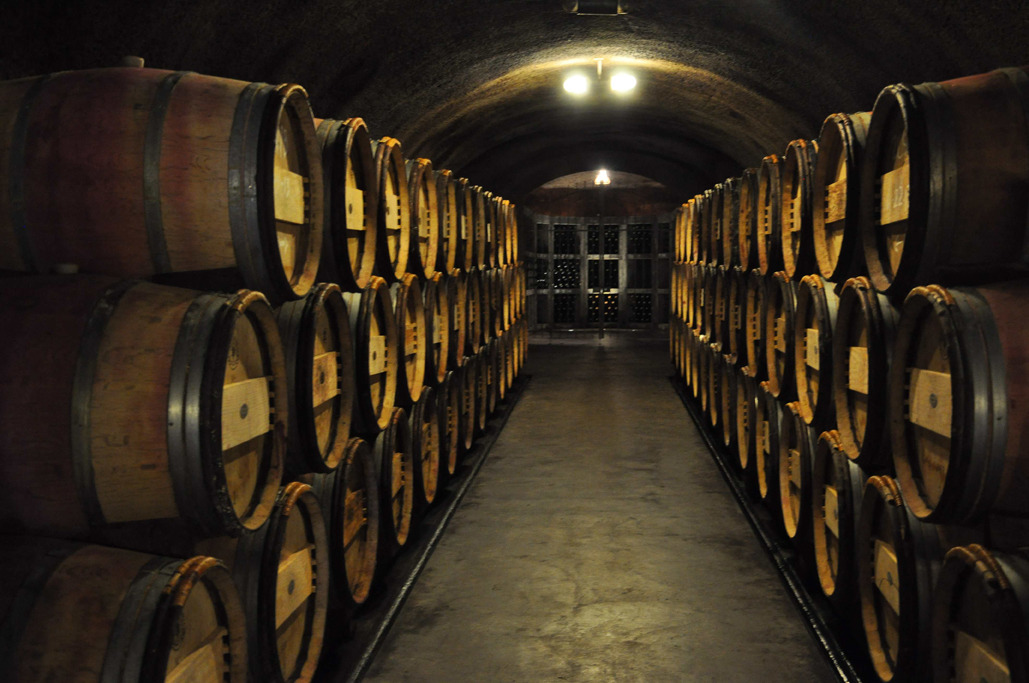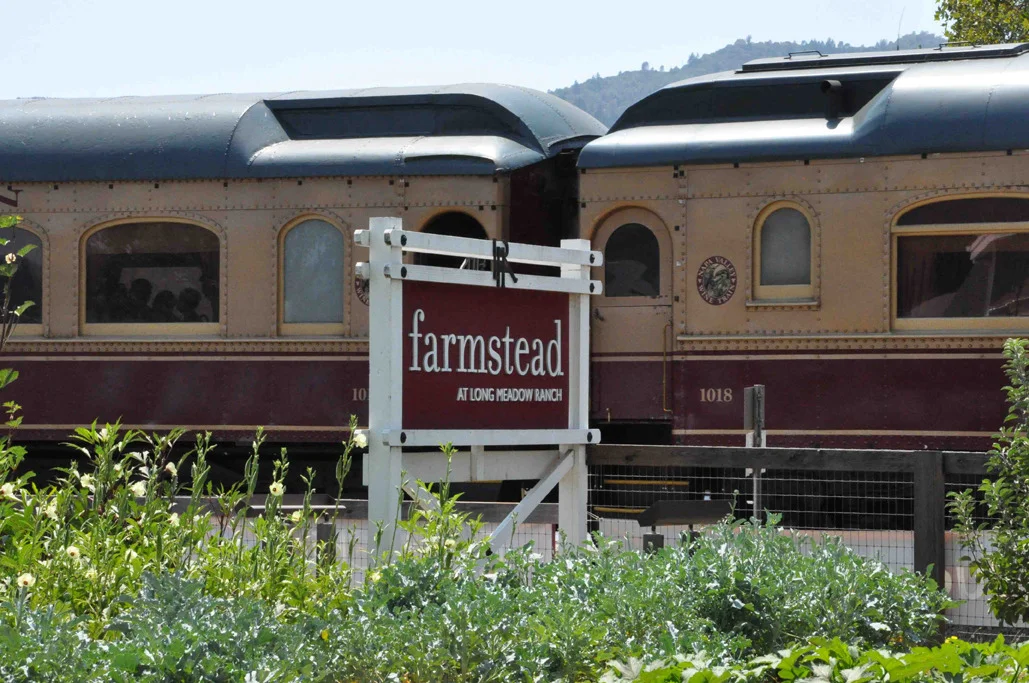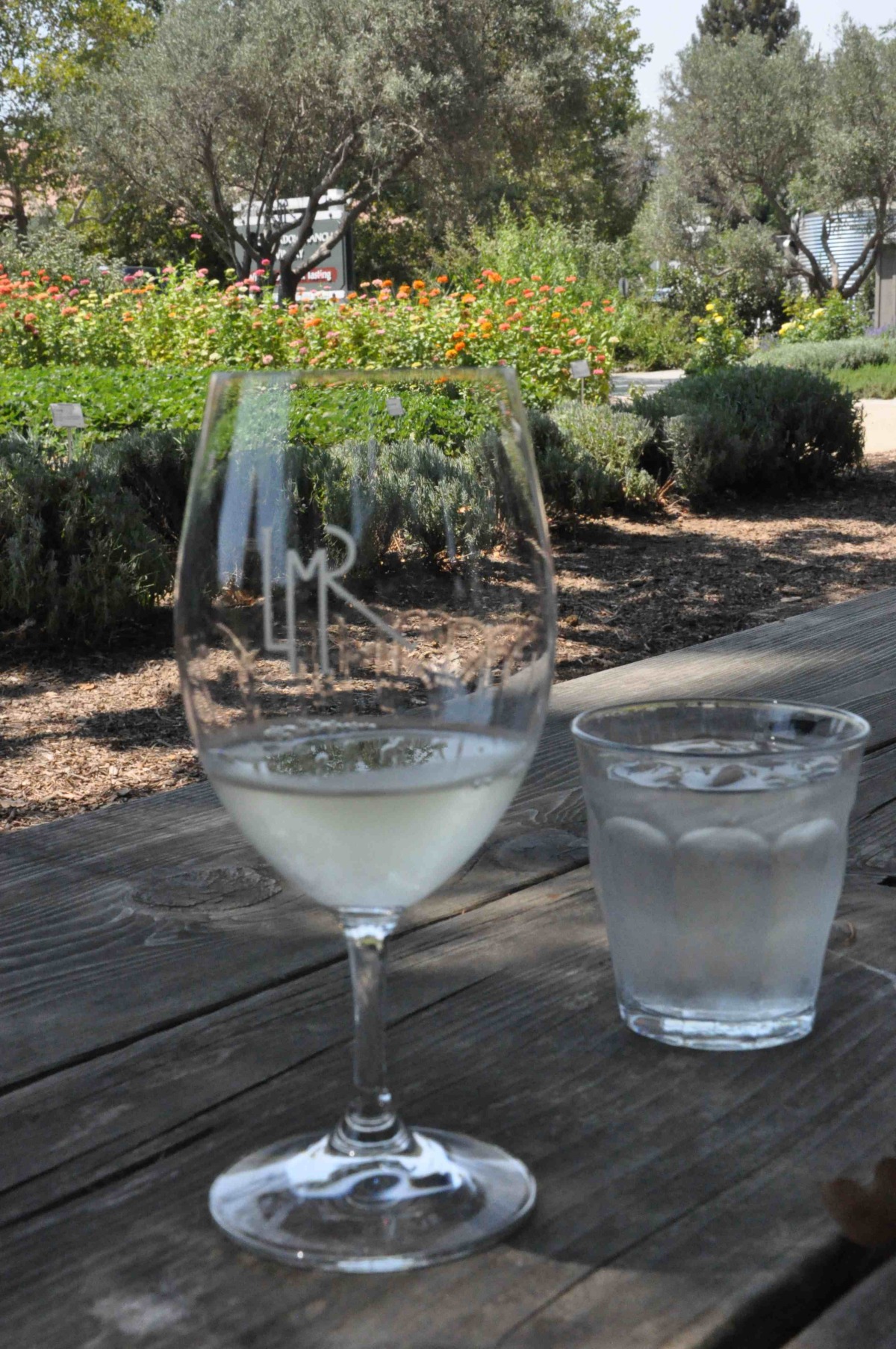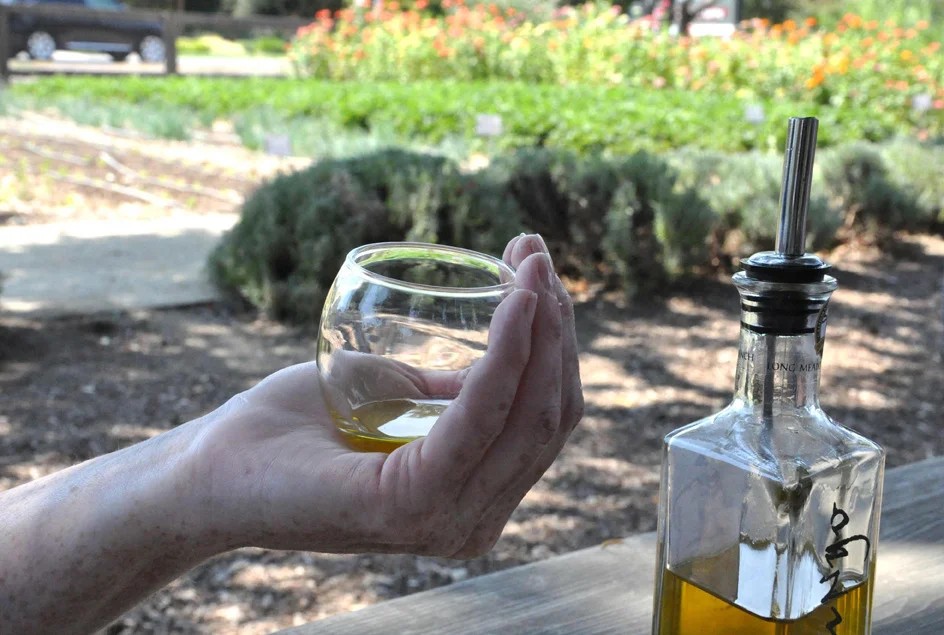We went into the history vaults for this week's image: Atomic Whiskey. "This whiskey of the future now" the label brags. "Aged 30 days by radiation...This is the world's first whiskey to be aged by atomic materials. It's 30 day process is equivalent to 40 years of standardized 19th century aging." Distilled in Oak Ridge, Tennessee (home of the Manhattan Project). I'd love to see the guys on Mad Men get this account.
French government endorses Burgundy vineyards, Champagne for UNESCO status "'We are different... 'It's not because we are French, it's because of our geology, our climate and centuries of knowledge.'" (Decanter)
A Degree in Beer, Wine, and Kombucha “When I tell people that I'm doing fermentation sciences, they're like, 'Oh, you're just drinking beer.'” (Atlantic)
Artisan toast — now how much would you pay? The $4 slice of toast, a trend started in San Francisco, was probably due for some international mocking. "Is pricey toast a symbol of everything that's wrong with a trend-obsessed food culture? Or are well-made basics worth paying for?" We eat DIY artisan toast in our own kitchens all the time. And if a baker can get people with disposable cash to pay up... (Guardian)
The headline Bringing sexy (cabbage) back flashed in our inboxes this week. Talk about turning basics into hip food. Maybe it's time for trendy kale to take a seat. (Tasting Table)

